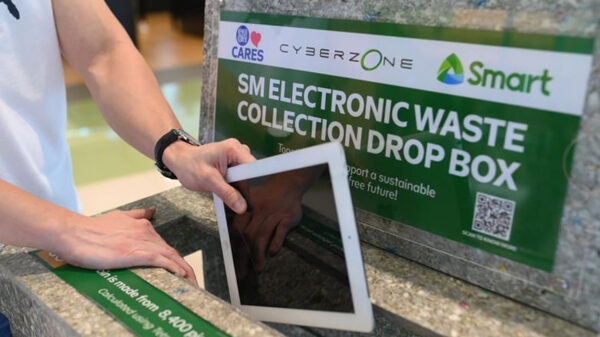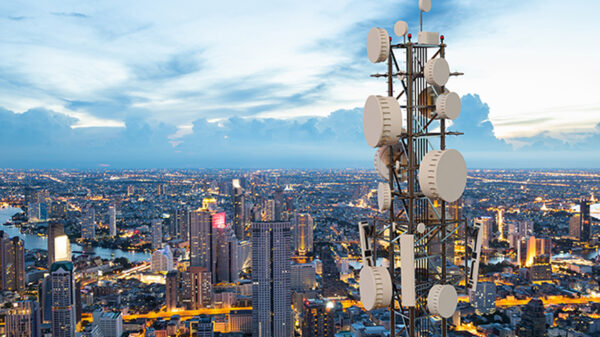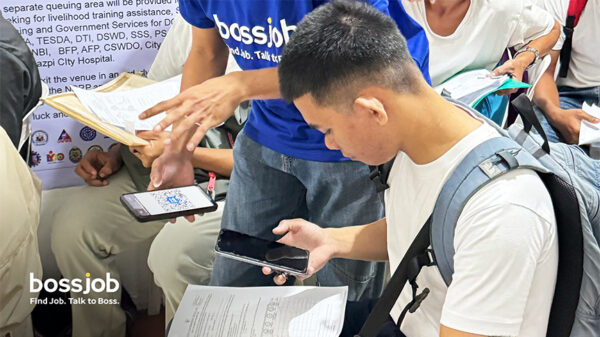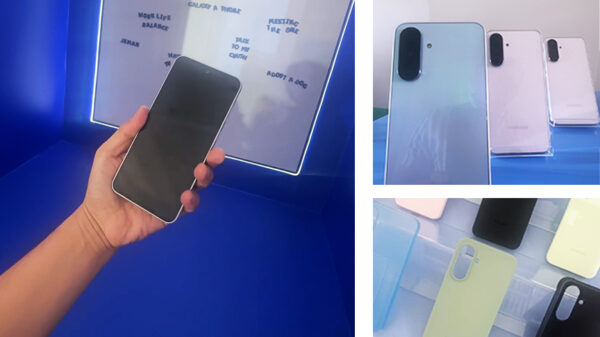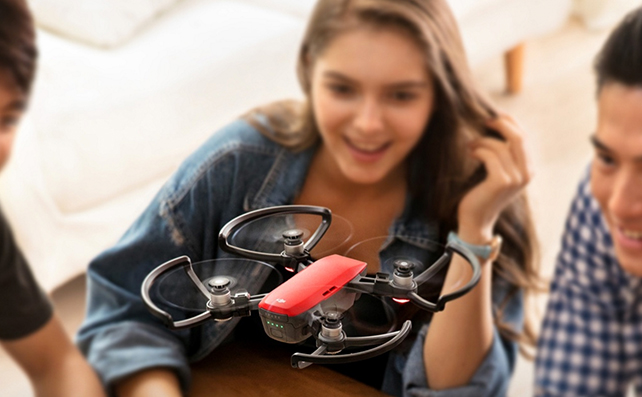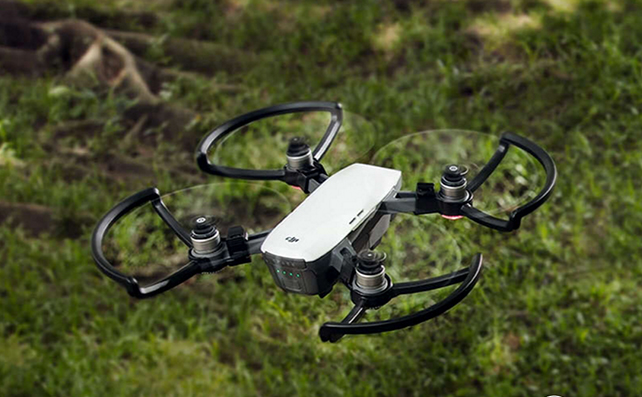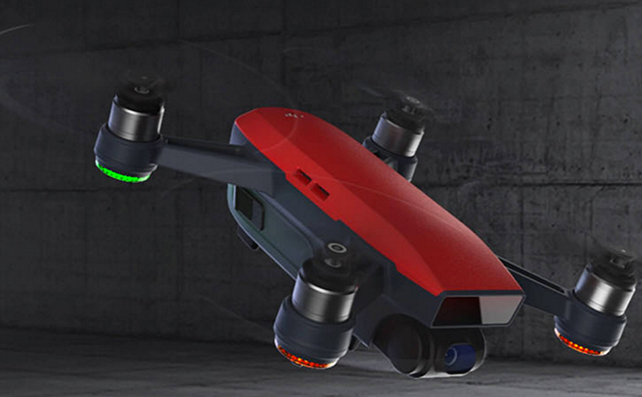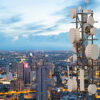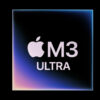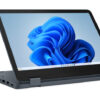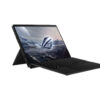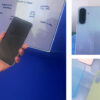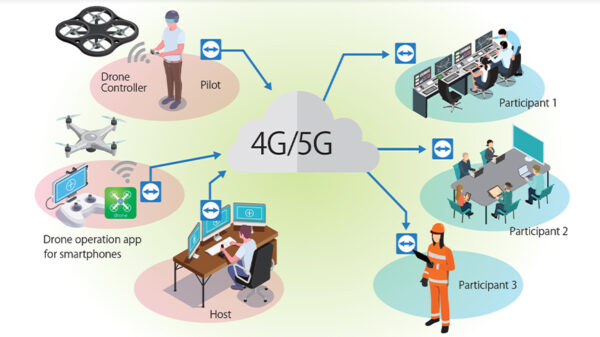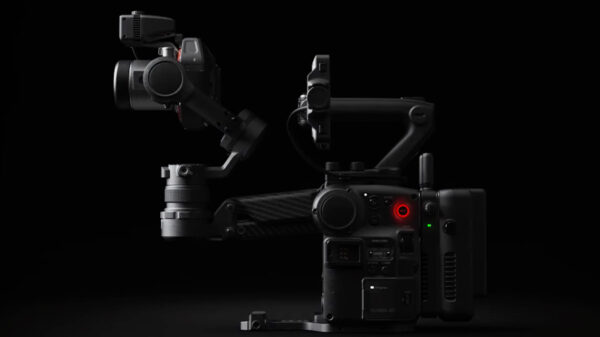In collaboration with IT distributor MSI-ECS Philippines, aerial imaging technology provider DJI launched Spark, the company’s first mini drone that weighs 300 grams (or just 10.6 ounces), can take off from a hand and be controlled by hand gesture.
The Spark mini drone has the PalmControl, an advanced gesture control that lets users control it through hand movements. Users can send Spark away from them, take a selfie and call it back using hand gesture. Aside from hand movement, the device can also be operated by a remote controller, or a mobile device.
Spark has a high-definition camera with a 1/2.3” CMOS sensor that can capture 12-megapixel (MP) aerial images and record 1080p, 30FPS video footage. The camera is supported by a two-axis mechanical gimbal that is powered with UltraSmooth technology that reduces shake and rolling shutter effect when capturing cinematic shots.
Shooting modes, such as PanoMode and ShallowFocus, are provided by Spark. In PanoMode, the camera creates horizontal or vertical panoramas by adjusting its gimbal and heading, taking a series of pictures and stitching them together. ShallowFocus, on the other hand, allows users to put part of a picture into focus while the rest of the image is softened, creating photographs with a shallow depth of field.
Spark also offers flight mode options with its QuickShots feature where it can fly along a preset flight path while recording a video and tracking a subject along the way. This feature is available in Rocket mode which lets the drone straight up with the camera pointed down while in Helix mode, it spirals away from a subject as it flies upward.
In Dronie mode, it flies up and away from the subject while in Circle mode, it rotates around the subject. For each QuickShot modes, Spark will automatically create a 10-second video from the flight that can be shared on social media.
Intelligent Flight Modes are also present in the device. Its TapFlysub Flight Mode lets Spark flies to a location selected on a mobile device screen; while the TapFly’s Direction Mode allows one to fly in the direction tapped on the screen. Using ActiveTrack Flight Mode, the drone recognizes and tracks an object chosen, keeping it at the center of the frame for a good shot of objects in motion.
The drone’s FlightAutonomy system, consisting of the main camera, a downward-facing vision, a forward-facing 3D-Sensing System, dual-band GPS and GLONASS, a high-precision inertial measurement unit, and 24 computing cores, allows Spark to hover with vision system assistance at up to 98 feet (30 meters) and sense obstacles from up to 16 feet (5 meters) away.
Apart from these, users can switch to Sport Mode and unleash the drone’s speed potential of up to 31mph or 50kph. Sport Mode sets the gimbal to first-person view (FPV) by default. In this mode, Spark will be compatible with DJI Goggles for FPV flight experience.
Spark is energized by a LiPo battery and has a maximum flight time of up to 16 minutes. When flying with the remote controller, the drone allows for 720p real-time video transmission from up to 1.2 miles (2 kilometers) away.
Now available at MSI-ECS Philippines and its authorized dealers nationwide, the DJI Spark mini drone, which includes an aircraft, a battery, a USB charger and three pairs of propellers, is sold for P30,500. The Spark Fly More Combo, which includes an aircraft, two batteries, four pairs of propellers, a remote controller, propeller guards, a charging hub, a shoulder bag and all necessary cables, can be bought for P42,700. The device is available in five colors: white, blue, green, red and yellow.

